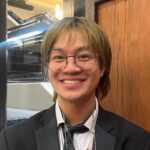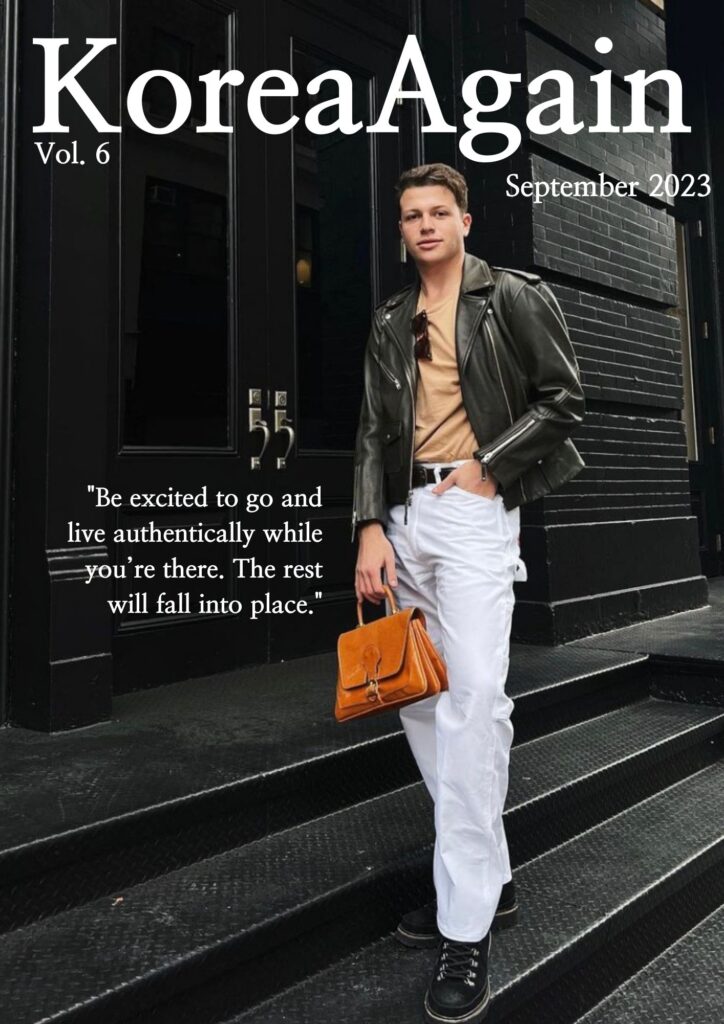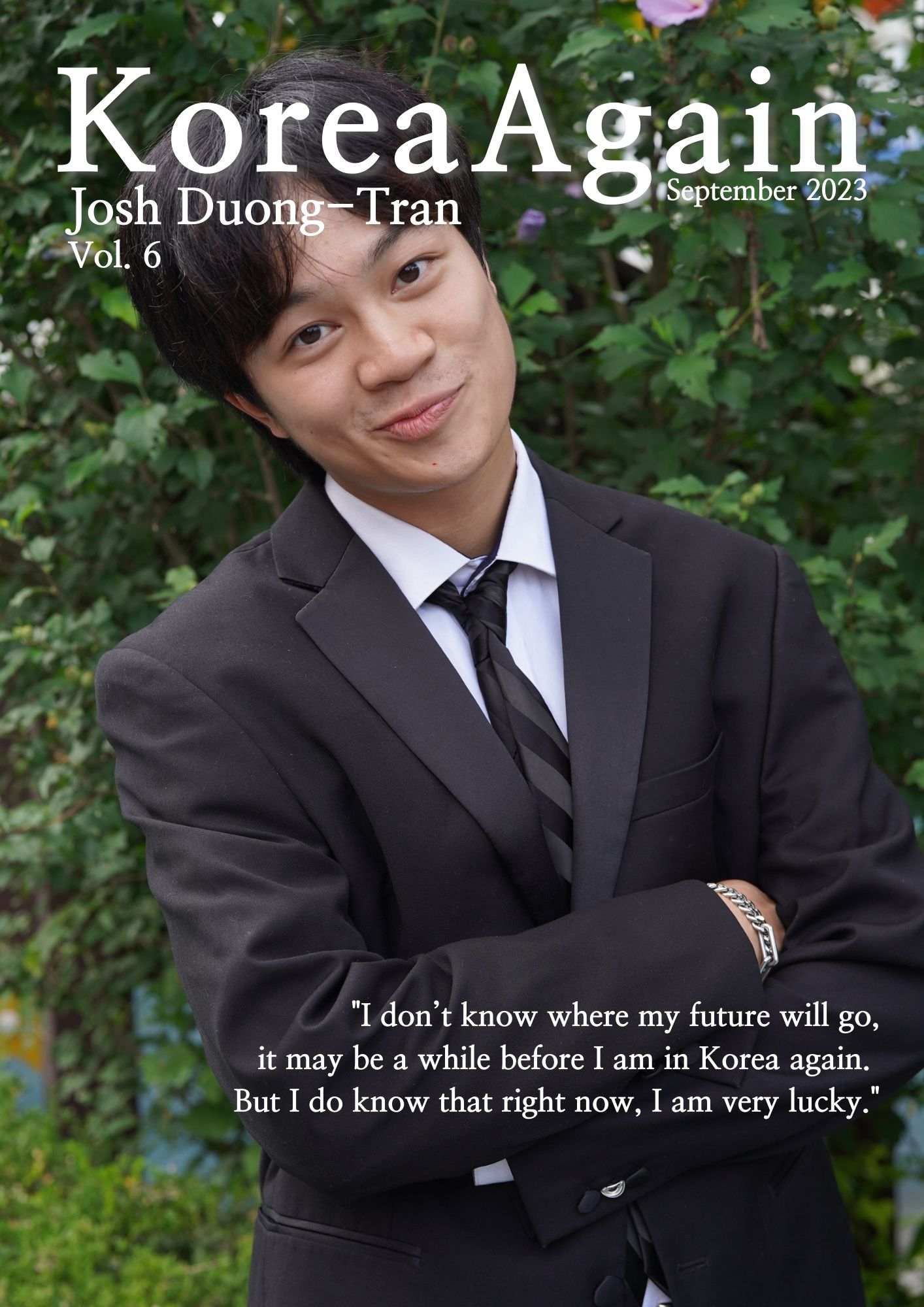
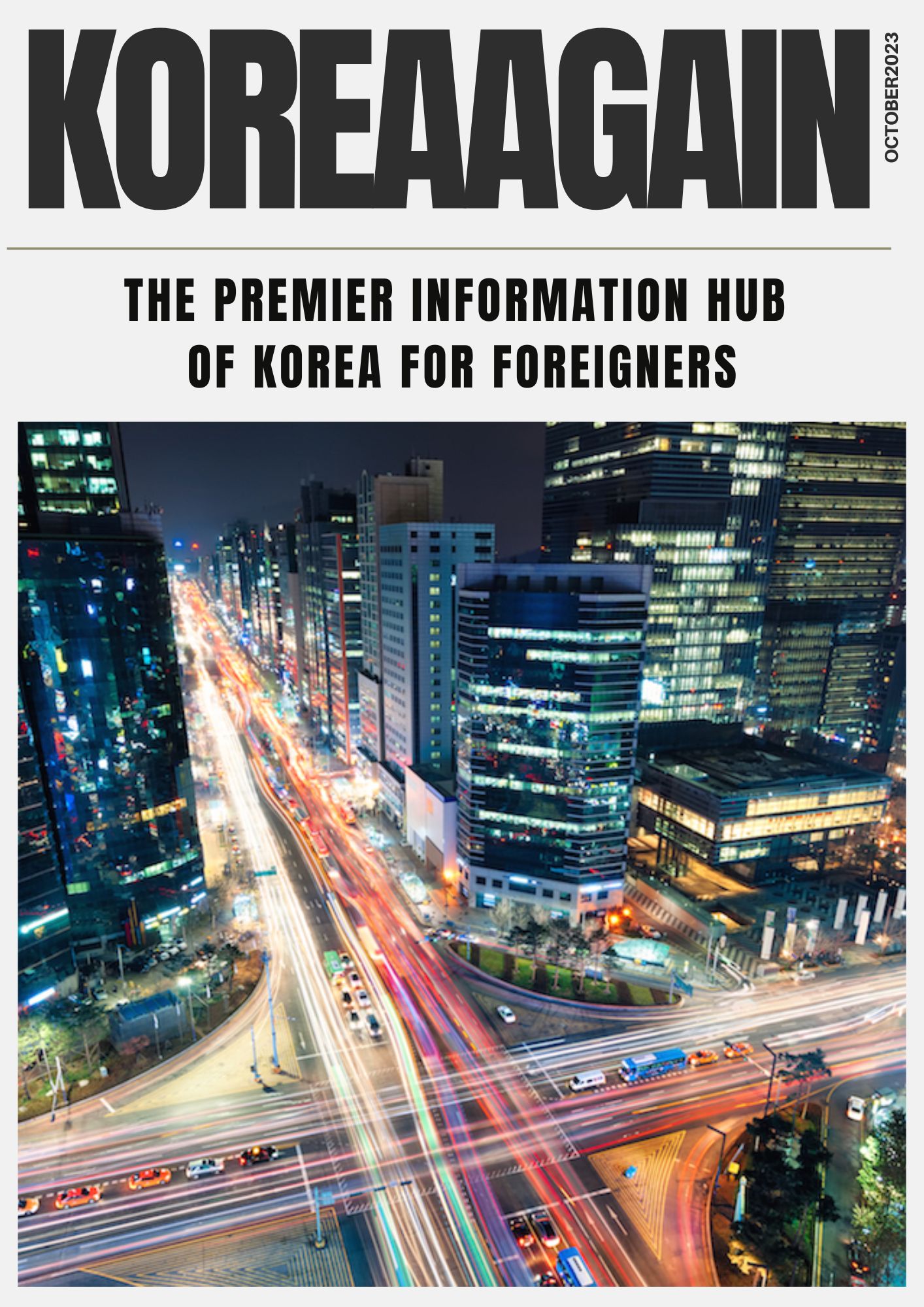
Contents:
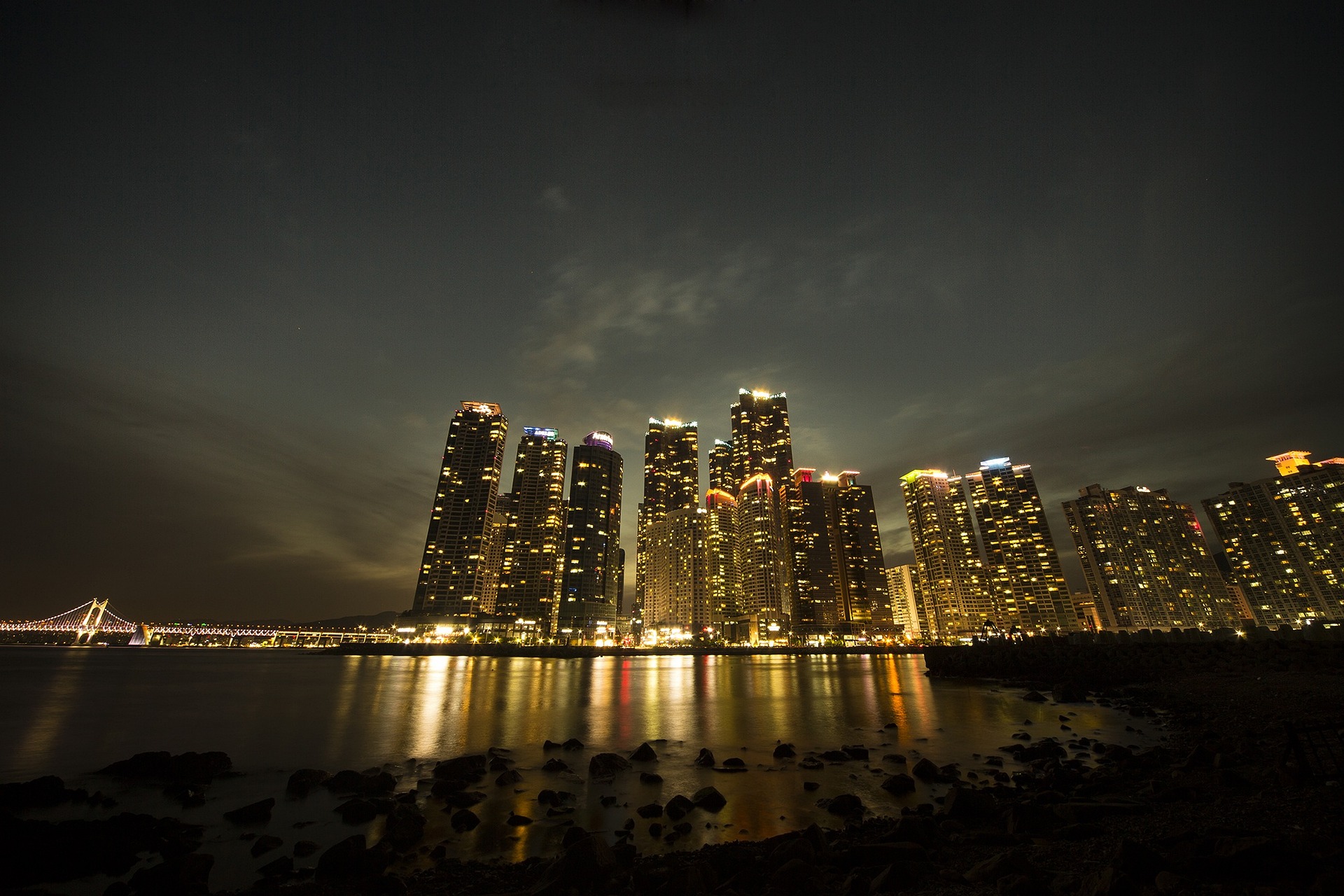
Page 4
Profile:
How to foster an open mindset that will keep you learning during your internship in Seoul.
Page 5
Introduction:
Josh’s experiences in Seoul, a reflection on his hobbies and how his studies brought him here, and a word about his mentor
Page 6-7
Feature Story Continued
Josh’s growth, advice for future workers and travelers, and his experience with the South Korea’s fast culture and lifestyle.
Page 8
Editors Note:
Special thanks to the editors, writers, and DIOKOS team for making this interview possible. We grow together.
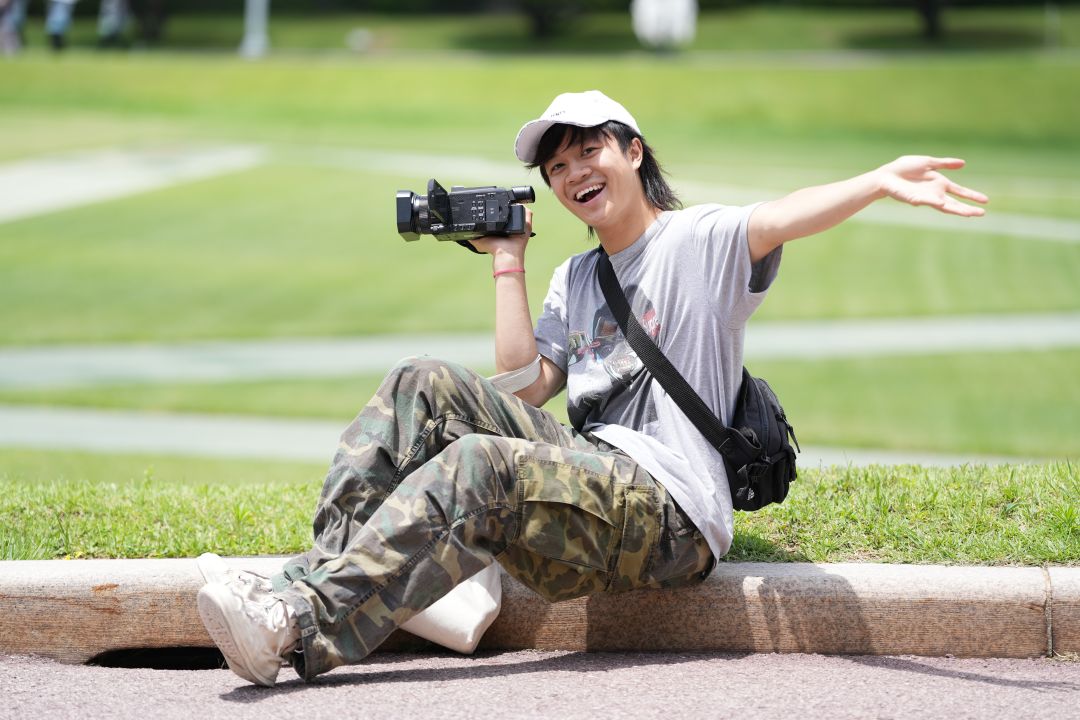
Josh Duong-Tran
I am a first-generation Vietnamese student at the University of Oregon, pursuing Journalism with a double minor in Korean and Environmental Studies. I am a lifelong learner, with a long-term career goal to work as a feature writer at a fashion editorial and a short-term academic goal of teaching English as a first language in Southeast Asia. I am highly motivated and ambitious, and I am highly adept at fostering interpersonal relationships. I am passionate about writing and pursuing community outreach in BIPOC spaces. Ultimately, I am passionate about learning and will dedicate myself to a high standard of excellence and detail orientation in everything I set out to achieve.
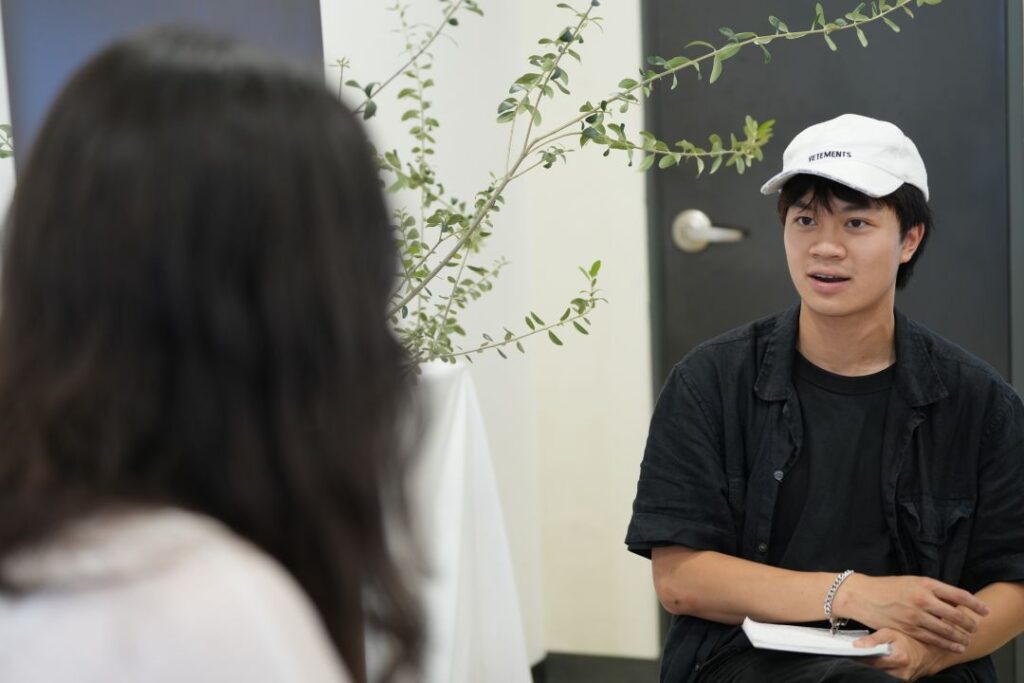
Articles Worth Your Read…
– Public Journalism In Seoul
This was an amazing opportunity: I get to connect with wonderful people, work in an amazing environment, and experience a culture I have been dreaming of experiencing for the duration of my college career.
Interview with Josh Duong-Tran:
Interview with
Josh Duong-Tran
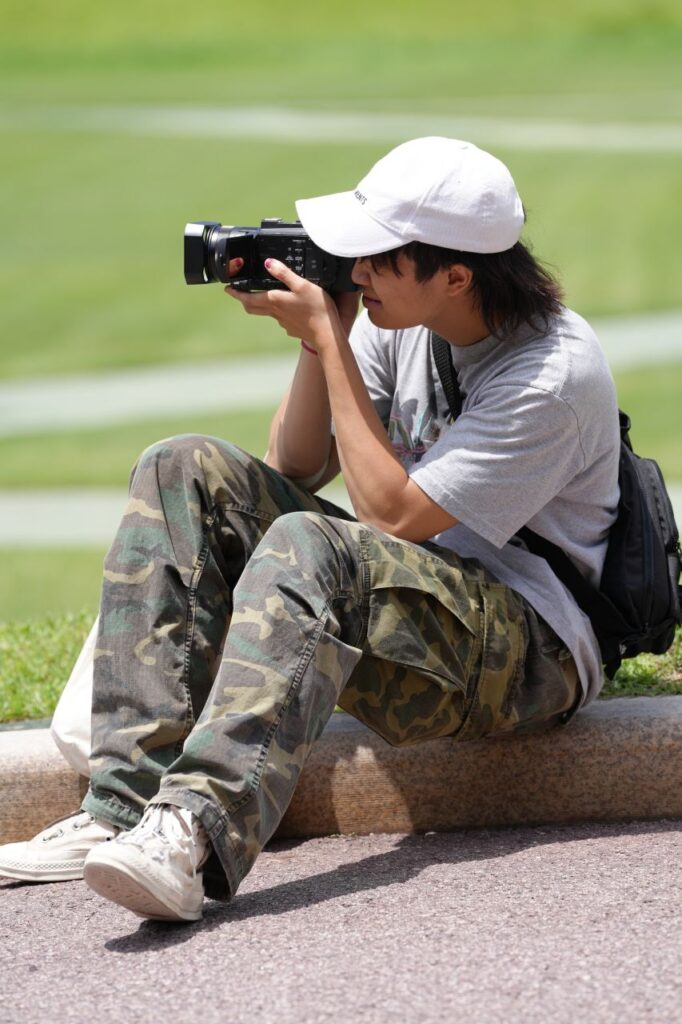
We had the opportunity to catch up with Josh a few days after his return to Oregon. Content and inflective, Josh is enjoying the company of loved ones while reminiscing on his summer in Seoul.
What brought you to Korea?
The biggest reason I wanted to intern in Korea was because of the culture. I am minoring in Korean and I have been fascinated by K-culture for the past five years or so, so coming to Korea was a very natural choice. I have also been interested in both the language, as well as the creation of Korean characters. My mentor is also a Korean professor and is someone who has had a massive impact on both my academic and professional development. I wanted to see my experience learning the language and partaking in the minor come full circle by gaining a more professional experience in South Korea that I feel was lacking back in the States.
Tell us a little bit more about your mentor.
Yes, of course. She’s very chill and relaxed. She’s a linguistics professor, and I met her in my second year of academia. I remember her classes and her personality shined. In my spring term, I did a presentation for her cross-cultural communication class about skateboarding in South Korea, to which she was very responsive and supportive. She even asked me to give her son skateboarding lessons, which I thought was wholesome and sweet. I remember her saying, “I see some of your passions and I want to help you see them through.” I have never had anyone, let alone a teacher say that to me before. It is really hard to find supportive teachers in academia, so I am appreciative of the relationship. Once more, it pushed me in the direction of interning in South Korea.
Is there anything you experienced here that surprised you?
Yes, there are a lot of things. The first thing is that on public transportation, people are very quiet. I was very surprised to find this out – partially because the first time I got onto public transportation, I was getting into a conversation with someone and immediately everyone turned and looked at me and I was like, oh I’m breaking a rule right now. The atmosphere of public transport is different. People are more quiet and reserved, and typically relaxed, especially considering the public transport is so robust in Seoul, people are more often than not on public transport for long periods.
Do you have a favorite memory in Korea?
Yes. On a really hot day in July, I got the opportunity to work from home, and I was lucky enough to end work early, around 4 in the afternoon. I took a two-hour bus ride to Suwon and I got to visit a place called Hwaseong Fortress. It was beautiful and vibrant, and the way the history is preserved around this cultural landmark is a sight to behold. But, the real gem was this bridge made out of stone around a mile from the fortress. Maybe like 0.5 KM. It is surrounded by a pond with a bunch of fish swimming around in the clear water and a waterfall behind it. It is so peaceful, and I found myself sitting on the foot of the bridge, watching the fish and listening to the sound of the water for around half an hour. That is my favorite memory in Korea by far. It is the most peaceful place I have ever visited, and I will strive forever to find peace like that again.
Do you have any key takeaways from your time here?
Definitely. I think the biggest takeaway for me is to make the most out of my experience while I have it. I think one of my biggest goals in the past last two years was to come to Korea and gain some sort of experience or education here. I wanted Korea to be my future and was dedicated to the idea that this experience would be life-changing and monumental and memorable. But the concept of impermanence is hitting me now, especially because I don’t have a lot of time left in Korea. I am a bit nervous and scared because I don’t know where my future will go and it may be a while before I am in Korea again, especially for this long and doing this type of work. But I do know that right now, I am very lucky. This is an amazing opportunity: I get to connect with wonderful people, work in an amazing environment, and experience a culture I have been dreaming of experiencing for the duration of my college career. So I am enjoying the opportunity while it is here because I never know when or if it will come again.

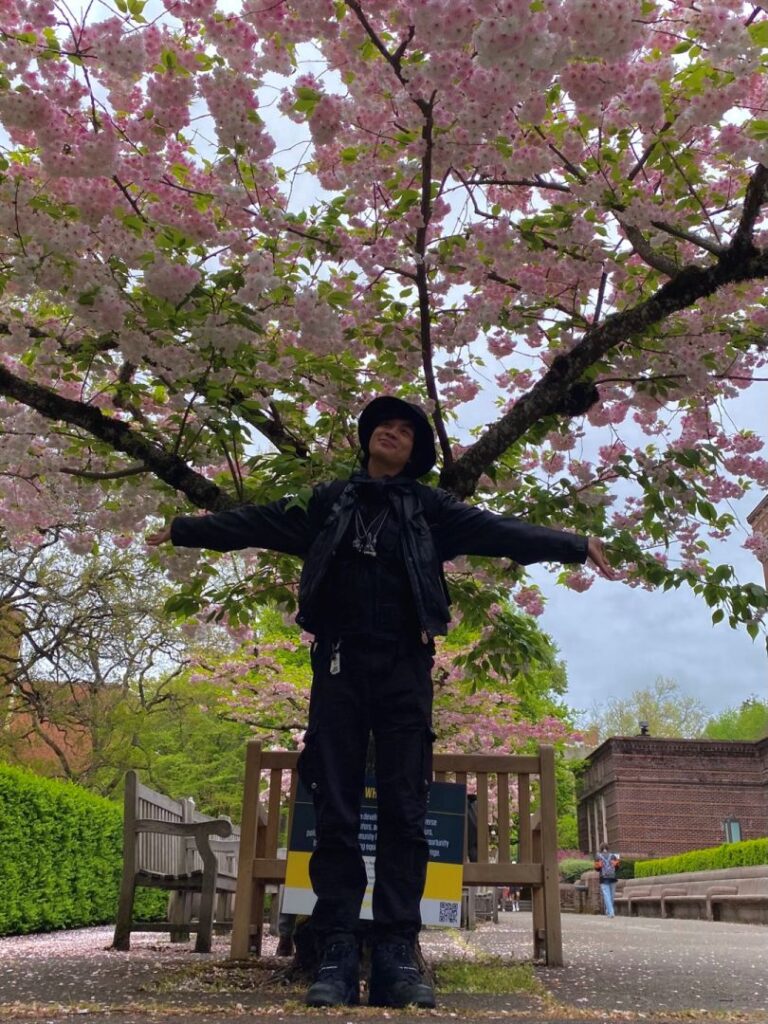
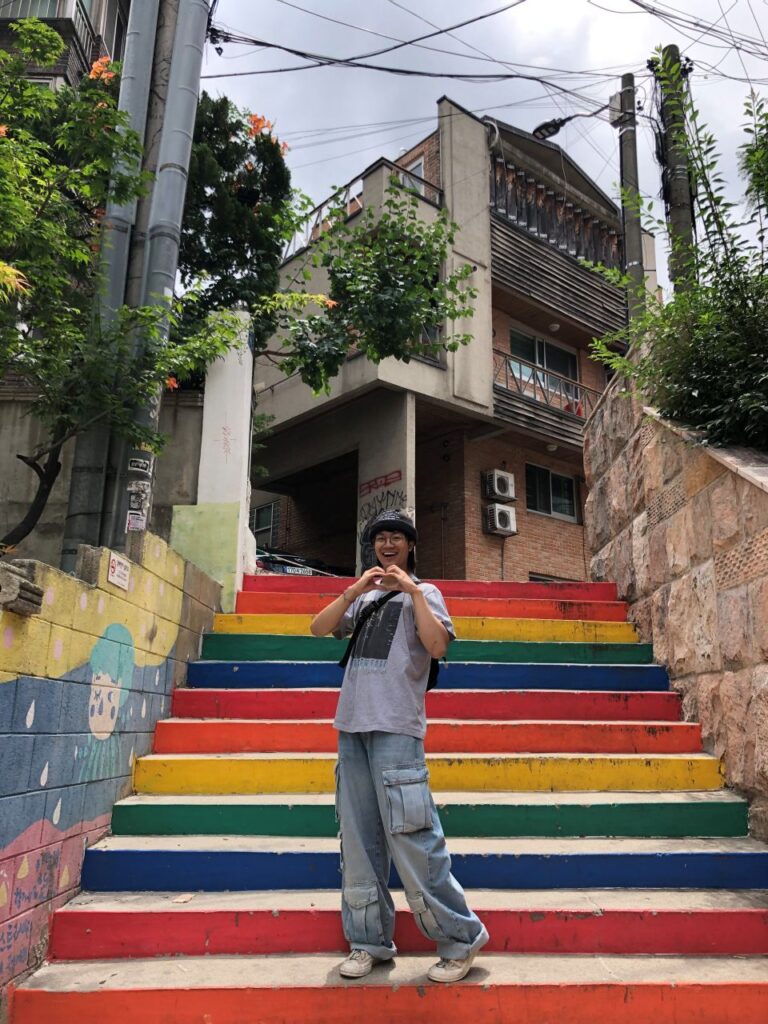

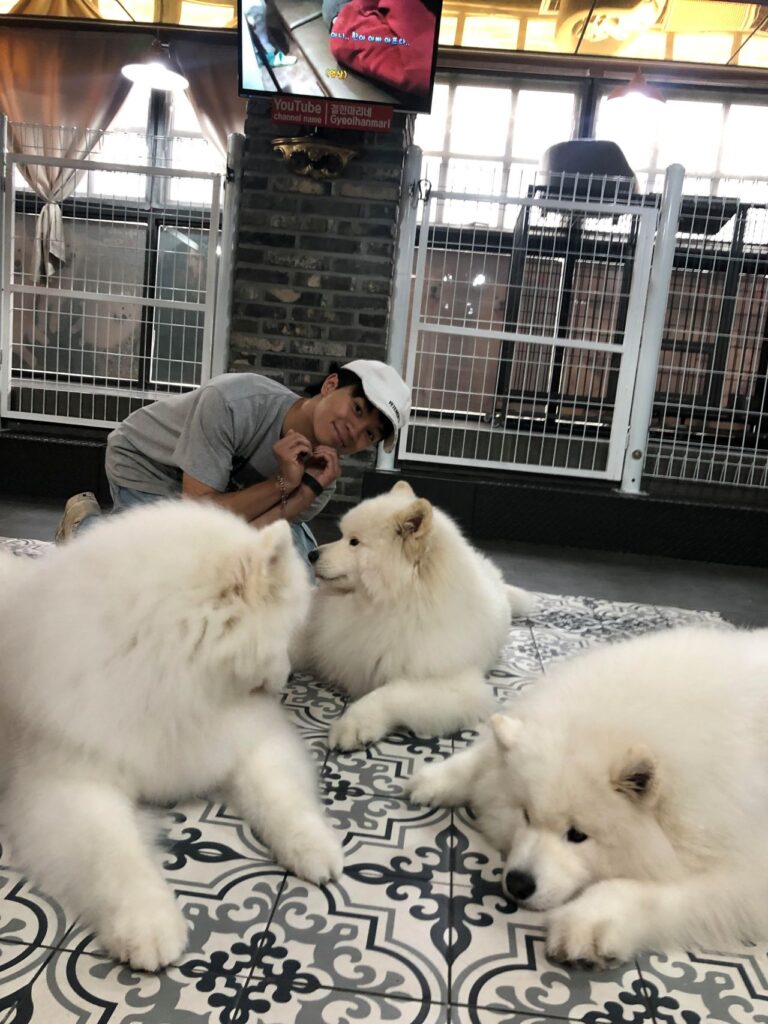
How have you adjusted to the fast life in Korea?
That is a really good question. I will try and answer based on the facets of life here. First off, the trends. I have not adjusted to the trends yet. I have tried to some degree, but I feel like I still stick out like a sore thumb sometimes. It is so jarring seeing how quickly everything changes in Seoul, from trendy clothes to different foods and drinks. Life in Seoul moves so quickly that I find it hard to breathe sometimes. People-wise, I think I’ve adjusted well. I am more introverted, so I try to find my niche by giving myself lots of alone time to relax and decompress. I find that dealing with so many people and opportunities on a day-to-day basis gets overwhelming, and it makes me burnt out quickly. I try to take one day a week where I just spend an entire day alone and do whatever I want. Whether it’s just doing laundry or going somewhere new. It’s nice not to have too much pressure. I think how I deal with the culture itself, like the 빨이빨이 문화, is to try and adapt. I always have my cards ready before I pay, or before I go onto the subway. I put my bag in front of me while on the train to be aware of space. Also, signatures are just a dot or a straight line. All the transitional phrases too, like saying hello, goodbye, or thank you, are spoken so fast that I get frazzled trying to respond – but I try and respond equally quickly. The language barrier is the most challenging aspect, for sure. I don’t have the best language proficiency, though I know enough to get around, so the speed at which people talk is overwhelming, so I am trying to contend with that.
Were there any assumptions you had about Korea before you came?
I would say something that I got right about Korea was the people. I thought people in Korea would be very understanding and straightforward. I mean, it varies from case to case, but I feel like in general, especially where I stay in Hongdae – a massive foreign district in Seoul, people are very understanding. There are a couple of places I have frequented where people remember me, like a tteokpokki restaurant a block away from my accommodation or a vintage store on Hongdae Street, where people are much more understanding and compassionate, especially when I make mistakes. They let me know how to improve when I use the wrong tenses or incorrect respect. Something I got wrong was the speed. Seeing it in action is so confusing and beautiful and chaotic. Living it is a completely different story. I was so shocked when I took a crowded bus for the first time, or went to business meeting in Seoul for the first time. It was something that I got wrong about Korea, but it was a happy adjustment.
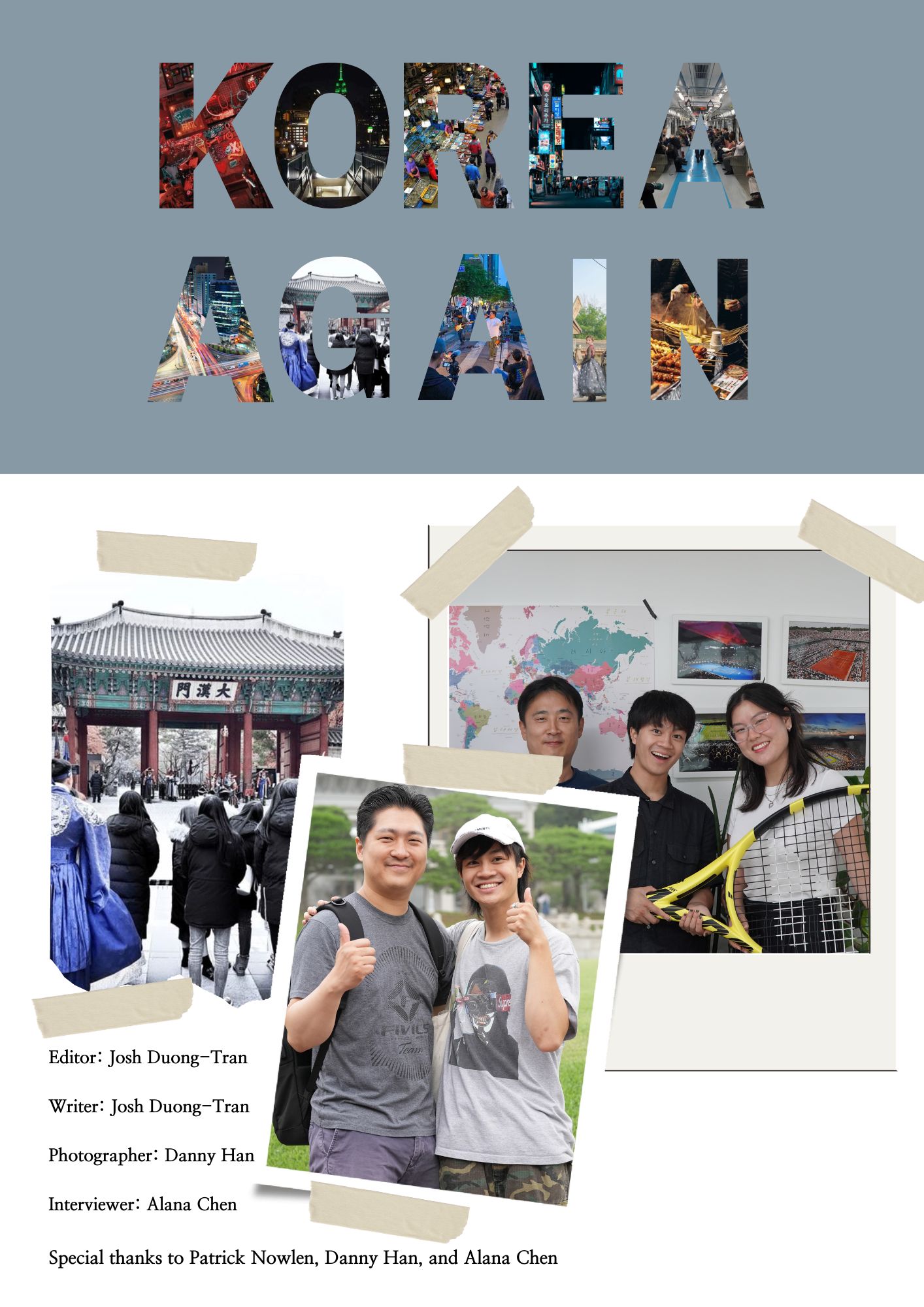
Written by
- United States of America
